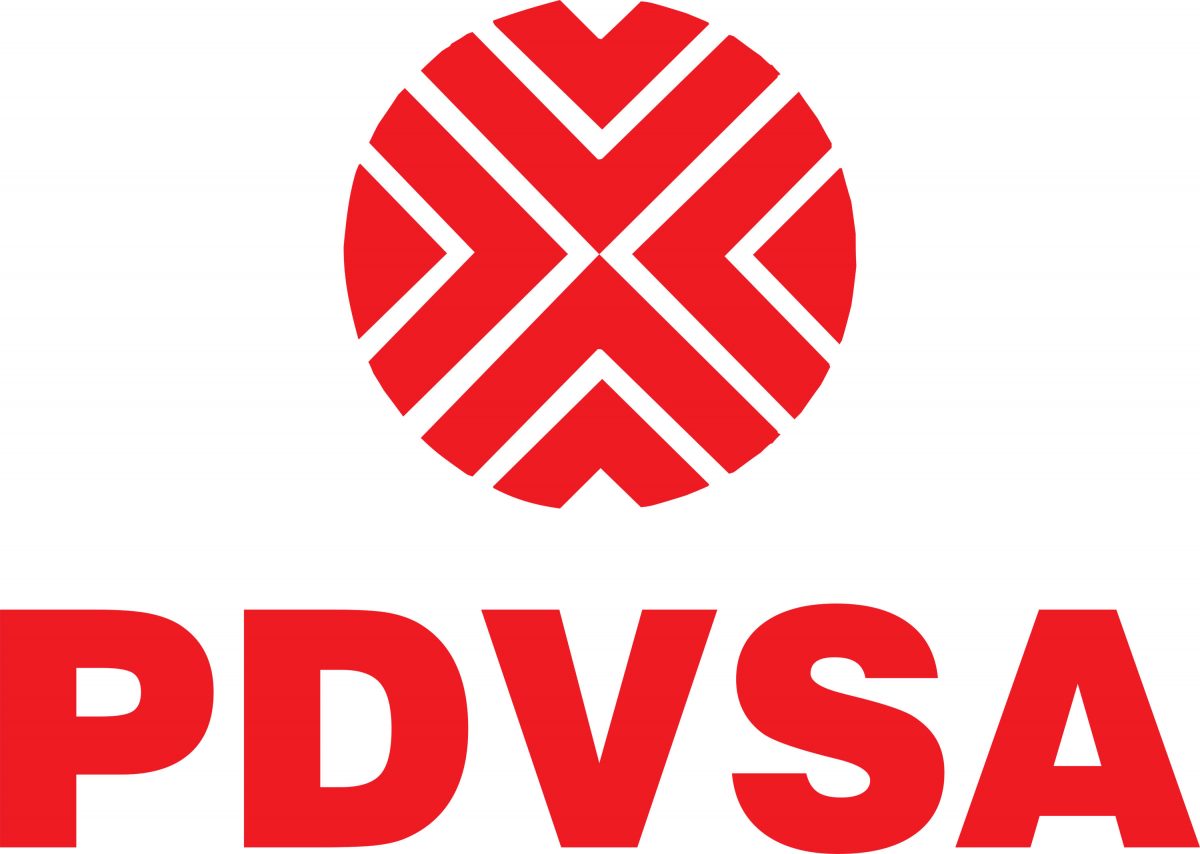There are signs, or at least so it seems, that the administration of United States president, Joe Biden, may be in the process of removing or perhaps easing some of the political and economic pressures which its predecessor had been applying on the administration of Venezuela’s President Nicolas Maduro and which have, over time, wreaked havoc on the economy of a country that had once basked in the reputation afforded it as the owner of the largest known deposits of oil anywhere in the world.
By far the most widely publicised aspect of the political and economic pressures unleashed on the Maduro administration by US under the presidency of Donald Trump has been the imposition of a firewall of sanctions that effectively strangled Venezuela’s oil exports by applying pressure to countries and shipping companies that dared to handle Venezuelan crude. The move by the United States frightened off much of the international shipping community and effectively compelled Venezuela’s oil industry to resort to a range of clandestine shipping arrangements that managed, to a limited extent, to get around the US’ efforts to cut off Venezuela’s crucial oil revenues.
Setting aside an elaborate set of furtive maritime measures which, to some extent, managed to circumvent Washington’s efforts to effectively cripple the Venezuelan economy, US pressures have been released somewhat by the intervention of Russia and Iran, arguably among the few countries in the world possessing the nerve to intervene to limit the effects of the US efforts to strangle the Venezuelan economy by blocking the country’s oil exports.
Other factors have intervened to roll back somewhat, the effects of what had been Washington’s unrelenting pressures to bring the Maduro administration to heel. Arguably the first of those factors was the change of administration in Washington and what appeared to be the expectation that the Biden administration might seek to effect a more convivial relationship with Venezuela, never mind what had become an incremental strengthening of relations between the Maduro administration and Moscow.
While the Biden administration had managed to get as far as realising less than high level talks between US officials and the Maduro administration, the lobby in Washington not to remove the sanctions imposed by its predecessor has become louder amongst President Maduro’s detractors in Washington.
Recent reports out of Washington, however, point to the likelihood of a possible definitive shift in the Biden administration’s position arising out of circumstances linked to the advent of Russia’s invasion of the Ukraine.
A Tuesday May 17 Washington Post report alluded to a possible easing of restrictions by the US government on involvement by US companies in the Venezuela’s oil industry. Specifically, the report alluded to what it described as “eased restrictions” on the American oil company, Chevron, which now allows the company to go ahead with previously prohibited talks with Caracas “over a possible restart of production that had ceased under U.S. sanctions.”
According to the Washington Post report, this is the first of what it says could be “a series of steps toward oil sanctions relief, depending on the Maduro government’s cooperation,” including, crucially, a return to “negotiations with the opposition, aimed at guaranteeing free and fair elections in 2024.”
If that happens, the Washington Post suggests, then it could clear the way for the United States to “permit Chevron to begin shipping equipment to Venezuela. If the talks are successful, Chevron could be allowed to extract and sell Venezuelan oil,” the Washington Post adds.
It is, more than anything else, an altogether unrelated circumstance, that is, the various international responses to Russia’s military excursion in Ukraine, that has ‘moved the goal post’ insofar as Washington’s posture towards Caracas is concerned. The US administration understands only too well the likely consequences of a full-scale cutting off of Russian oil supplies to the west and that in the likelihood of such an eventuality, some kind of a mending of fences with the country possessing the largest known volumes of oil reserves, even if solely as a matter of strategic convenience, would be worth the while.
As the Washington Post puts it, up until now, “in the US embargo on Venezuelan oil, Russia is a clear winner.”
Time was, the Washington Post says, when Venezuela was “a significant supplier” of crude oil to the United States. These days, it adds, the administration in Washington is seeking “to drive a wedge between Venezuela and its close ally, Russia.
The Washington Post article quotes Venezuelan Vice President Delcy Rodriguez as saying that the United States has now authorised “certain U.S. and European oil companies to negotiate with the [Venezuelan] government.
Caracas, however, wants more. Rodriguez is quoted as saying, further, that “Venezuela aspires that these decisions of the United States of America pave the way for the absolute lifting of the illegal sanctions that affect all of our people.”









